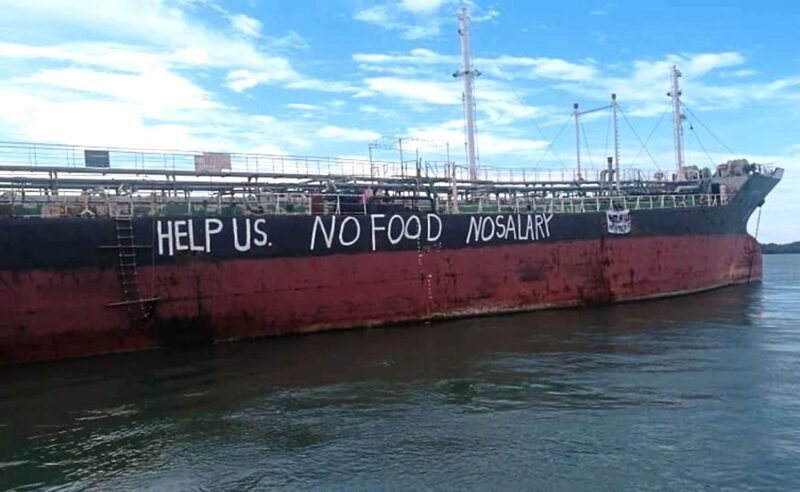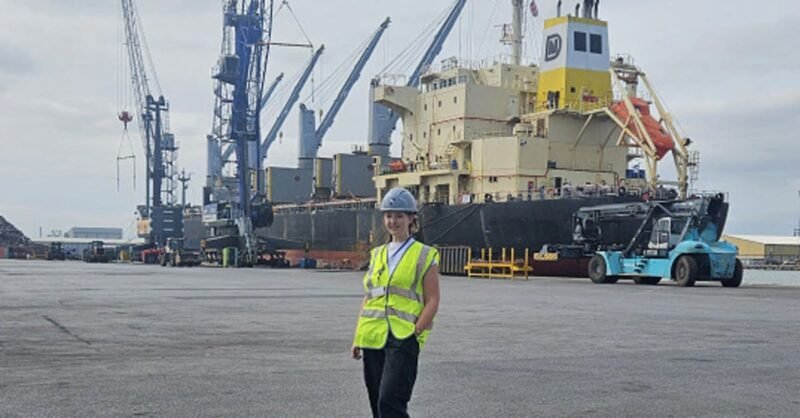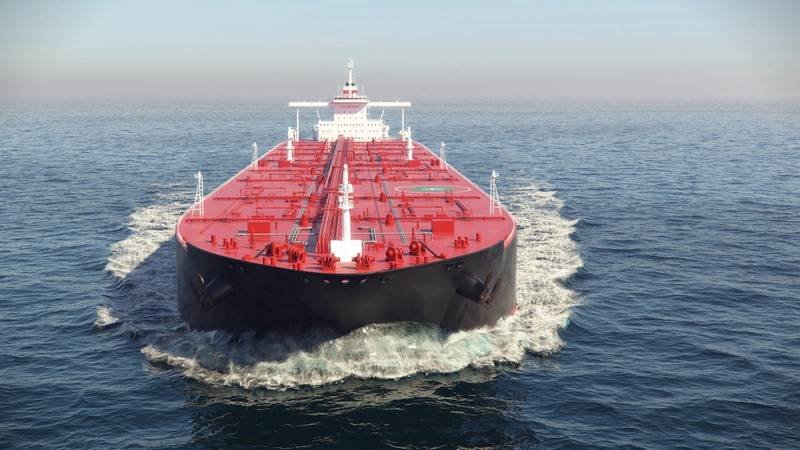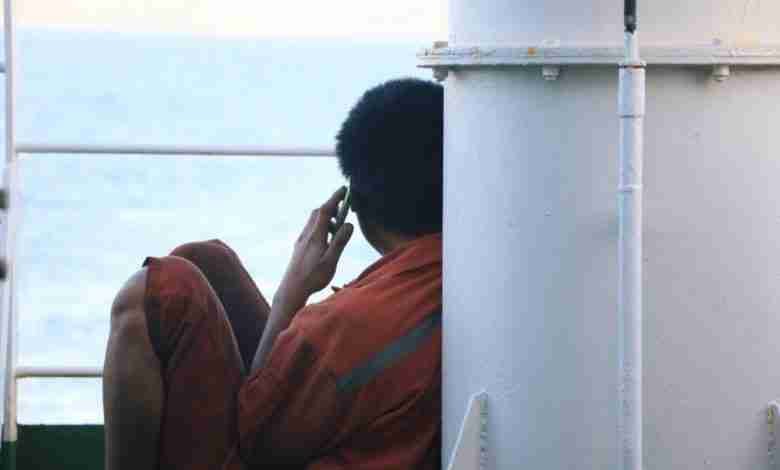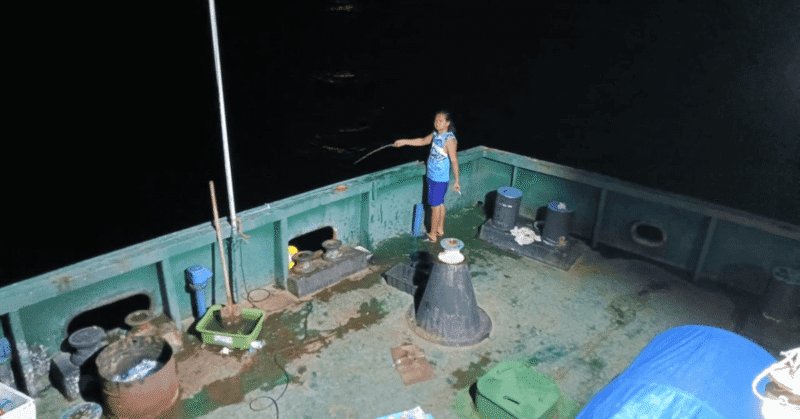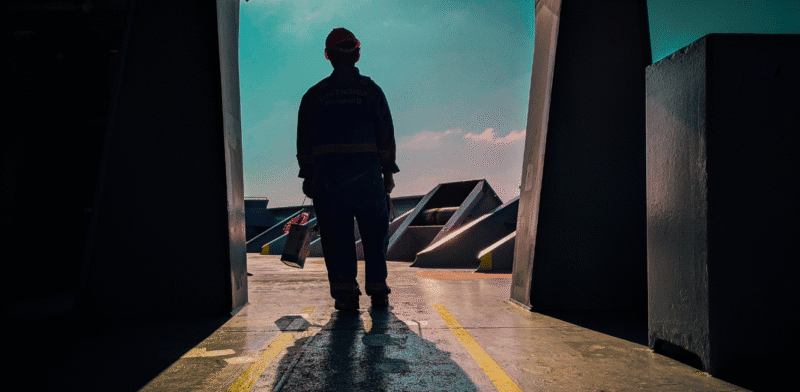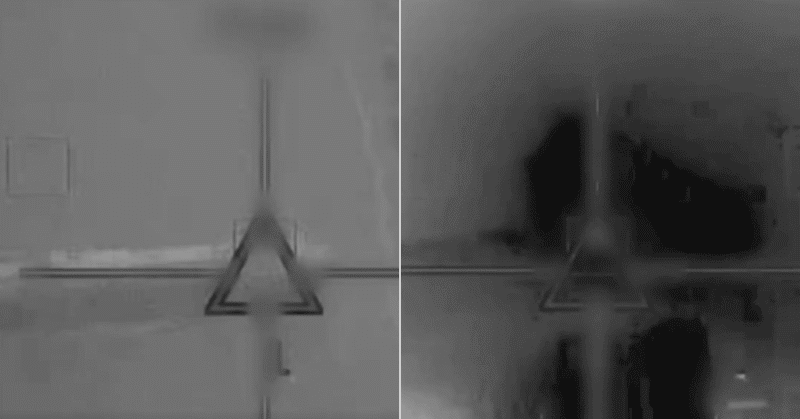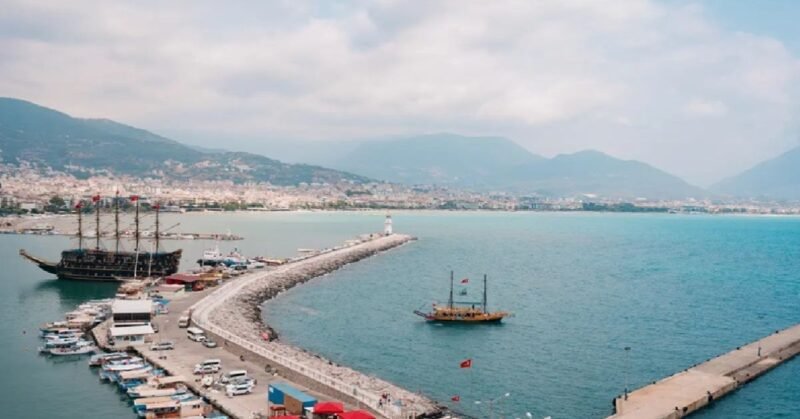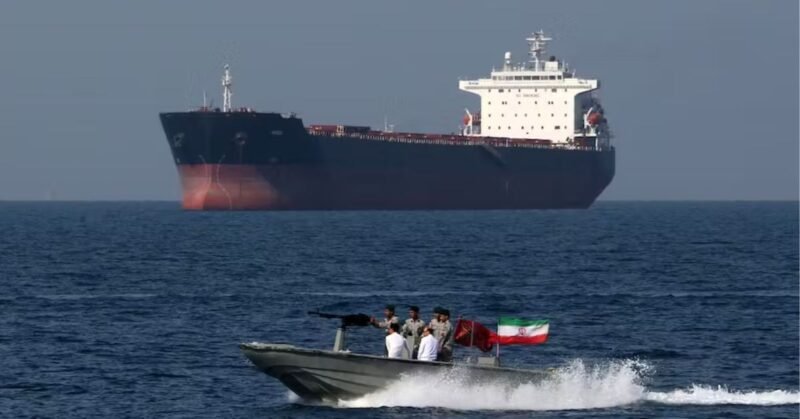The International Transport Workers’ Federation (ITF) has raised alarms about the safety of seafarers operating in the Strait of Hormuz, Gulf of Oman, and Israel, urging the Joint Negotiation Group (JNG) to designate these areas as warlike operating zones (WOA). This classification would empower sailors to refuse entry into these dangerous regions and prioritize their safety. The ITF’s main objective is to ensure that crew members are informed of potential threats and can take necessary precautions.
Heindel highlighted the growing military presence in the Gulf, noting a rise in maritime forces from various nations. Incidents involving drone attacks and armed confrontations with commercial vessels have become more frequent, confirming increased risks in these waters. Additionally, major maritime insurers have labeled these regions as war risk zones, underscoring the seriousness of the threats.
Nenven Melven, President of the Croatian Seafarers’ Union, commented on the targeted attacks against vessels near Israeli ports, illustrating the risks of modern asymmetric warfare. Should the ITF’s request be granted, seafarers could gain protections, including the ability to refuse dangerous passage and access hazard wages.
Mark Dickinson, ITF Seafarers Section deputy chairman, noted that insurers’ classifications are based on safety assessments rather than assumptions. He emphasized that recognizing these areas as high-risk would give seafarers the option to refuse unsafe work without repercussions, advocating for a collective duty to safeguard their well-being in turbulent times.
Share it now







